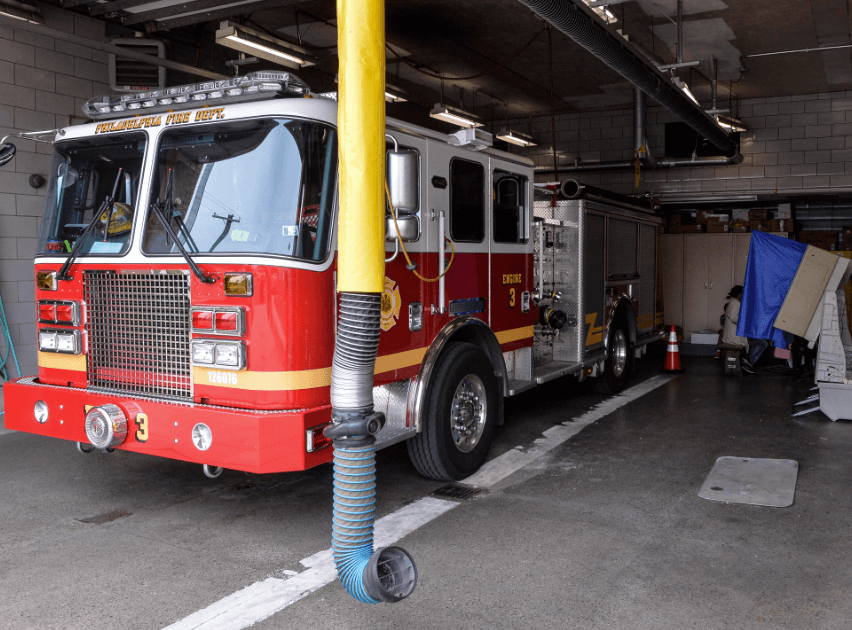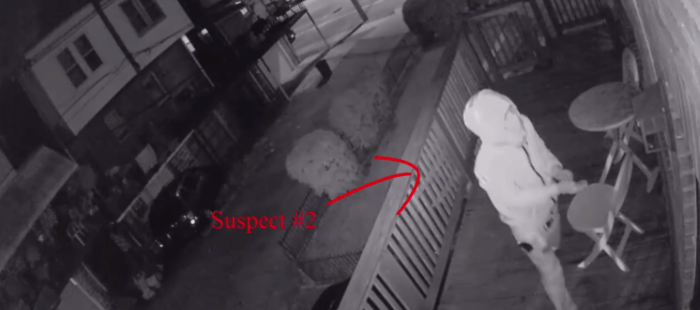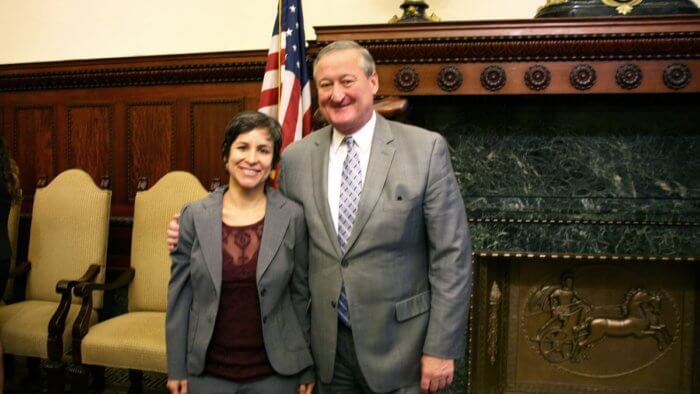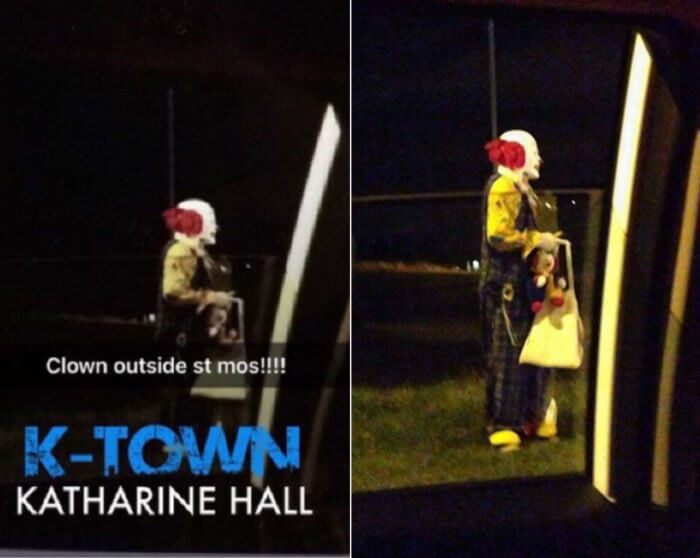Mayor Jim Kenney reversed a decision held over eights years by his predecessor in abruptly ending fire department brownouts Thursday afternoon.
“Eight years ago, when our economy collapsed, the fire department was forced to make a difficult decision about how to maintain public safety while facing unavoidable budget cuts. Today, I’m happy to formally announce that one of the major sacrifices that was made during the recession – we have formally ended brownouts in the Philadelphia Fire Department,” said Kenney. A 60-page audit conducted by City Controller Alan Butkovitz’s office found that brownouts – the temporary closure of firehouses – used during Mayor Michael Nutter’s administration to cut overtime costs during tough economic times only exacerbated the fire department’s already underachieving response to fire emergencies. Adding insult to injury, the brownouts ended up costing the city nearly $20 million in overtime.
RELATED:Long-simmering dispute over Fire Department brownouts reignited At the time, Nutter faced backlash from firefighters who were put on a rotating schedule and reassigned elsewhere.
Yet despite the brownouts, there were only 12 fire-related deaths in 2015, a 63 percent reduction from the 32 in 2014.
The National Fire Protection Association standard calls for the first due fire engines to arrive on scene within five minutes and 20 seconds after being dispatched to a fire. According to Butkovitz’s audit, for 90 percent of the fire department’s runs, they’ve been unable to meet that time. “Every second counts when it comes to saving lives and saving property in the event of a fire,” said Butkovitz.
“I think the mayor and the new administration have demonstrated very quickly they have a real understanding of the burdens and the risks facing our firefighters and facing the public.”
Gathered together for the announcement Thursday, Fire Commissioner Derrick Sawyer, Butkovitz and Kenney all seemed pleased with the decision.
“This means that every single company will be in service,” said Sawyer.
“So there will no longer be a process where we’re putting a company out of service for a shift or for a day to save money. There also won’t be any forced rotations for 2016.”
RELATED:Philly fire deaths down 63 percent in 2015
Andrew Thomas, president of the firefighters’ union Local 22, said that Philadephians should see shorter response times in the event of fires.
“Our members should get there quicker. I think there is some data strategies that work against the fire department in that when they say that a company was on scene it may have been a company without a water supply, or a ladder company that shouldn’t be entering a structure fire without water,” he said. “I think response times should go down if we have all the ladder companies and engine companies in place, but we look forward to working with the administration going forward to end all the rotations for our fire service paramedics and our fire service EMTs.”
Philadelphia ends fire department brownouts

Charles Mostoller































